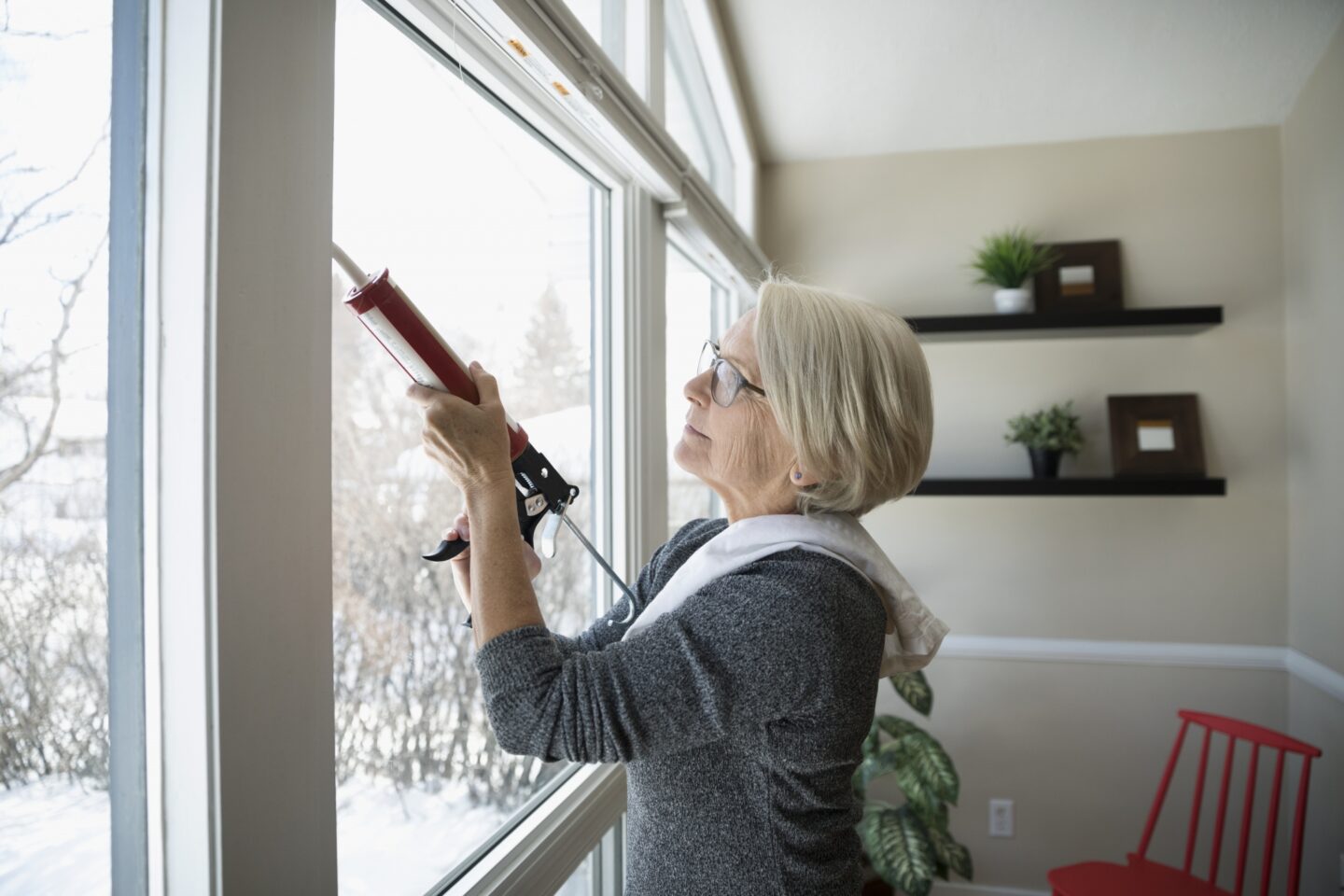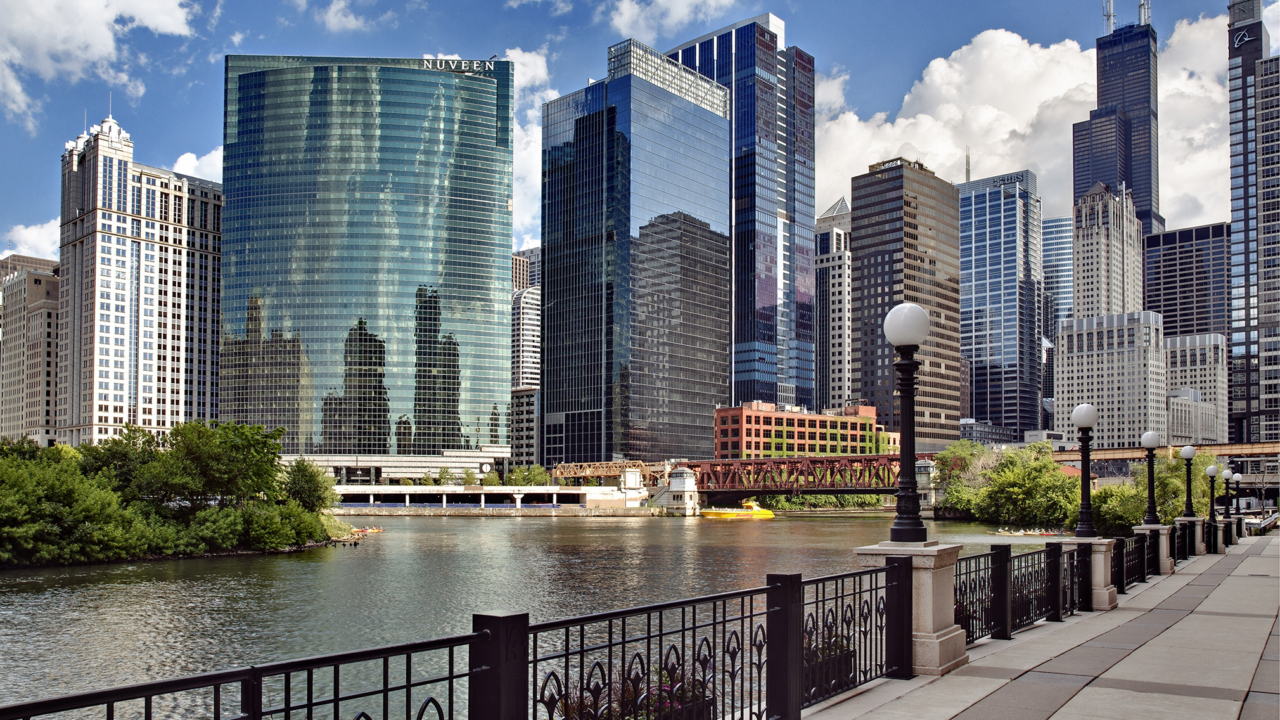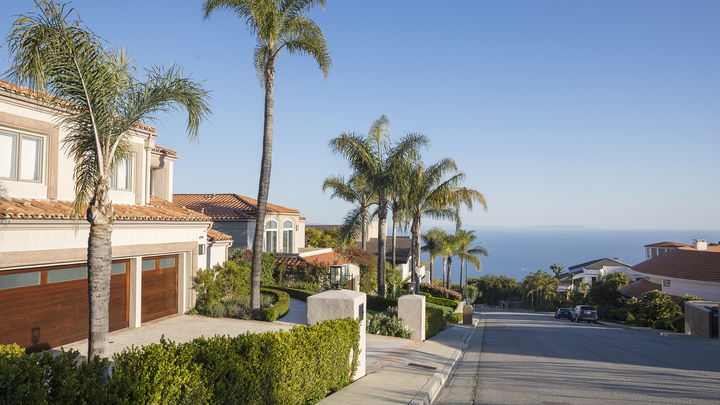Is It Worth Replacing Windows Before Selling a House?
Windows are a big investment, but will they pay off? See the pros and cons.


Written by Tali Bendzak on November 25, 2019
In this article:
- Should I replace my windows before selling my house?
- Average cost to replace windows before selling a house
- How much value do new windows add to a home?
- Considerations about window selection
- Alternatives to new windows before selling
Before listing your home for sale, it's smart to take inventory of its shortcomings. This will help you set a fair listing price — and manage your expectations. If your current windows are old, failing or not energy efficient, consider a total replacement to improve your home's marketability and make the sale smoother.
On average, sellers make 2.2 renovations or improvements to prepare to sell their home, with 79% making at least one improvement, according to the Zillow Group Consumer Housing Trends Report 2018. And a National Association of Home Builders survey showed that energy-efficient windows are ranked desirable by 90% of home buyers, so replacing windows might be a good place to spend your pre-listing improvement dollars.
Should I replace my windows before selling my house?
You should replace your windows if you foresee the old windows becoming an issue during the sale process — either because they'll raise red flags during a buyer's inspection or because they could negatively affect your listing price. Just be prepared for the financial burden of a large project.
Replacing windows is a pricey endeavor, so first determine if it’s a necessary step or a skippable cosmetic fix.
When to replace windows
Older windows might deter buyers looking for a move-in ready or energy-efficient home. In addition to updating windows for marketability, here are a few cases where you really should consider replacing some or all of your windows.
Inoperable windows: Replace windows with broken glass or broken latches, locks or springs.
Drafty windows: Older windows are less energy efficient because of how they were designed, but all windows can start letting drafts through as your home settles.
Inefficient windows: Older windows don't block UV rays as well as newer windows, which means they let heat through more easily.
Can I sell without replacing my windows?
A home with outdated windows should still sell on the open market, but expect negotiations from buyers to cover the cost of window replacements. There are two ways this can happen:
Buyer requests a repair before closing: This is usually a more cost-effective option for sellers, because you have control over what type of windows are installed.
Buyer requests a credit for new windows: This is usually the more expensive option, because the buyer may ask for a credit that will cover premium windows, and they will be less concerned with shopping around for a good deal.
Average cost to replace windows before selling a house
Windows and doors are some of the more expensive pre-listing repairs. New windows cost between $600-$900 per window, depending on material. Your installer may also charge $100 per window for removing the old windows and frames.
According to Remodeling magazine's 2019 Cost vs. Value Report, here's what average U.S. homeowners spend on window replacements:
New vinyl window cost
Vinyl windows with vinyl frames and casing offer good thermal resistance and are less expensive than wood windows.
- Average national cost: $16,802
- Average resale value: $12,332
- ROI: 73.4%
New wood window cost
Wood windows with wood frames offer good thermal resistance but are more expensive than vinyl.
- Average national cost: $20,526
- Average resale value: $14,530
- ROI: 70.8%
Note that the majority of home improvement projects do not carry a 100% return on investment. In fact, according to Remodeling magazine, there are no home improvements on their 2019 report that will recoup every last dollar spent.
But even without a great financial return, pre-listing upgrades can pay off in a quicker sale, higher sale price and smoother negotiations.
How much value do new windows add to a home?
New windows can positively impact a buyer's willingness to pay full asking price — or close to it. Here are a few more ways new windows might help you sell your home faster and for more money.
Turnkey advantage
Many buyers are looking for a move-in ready property that won't require much work after closing. Moving into a turnkey home can be less stressful, and it minimizes the financial burden of doing improvements right after buying.
Energy efficiency
New energy-efficient windows are a great selling point. According to the Zillow Group Report, energy efficiency was ranked as extremely or very important to 56% of buyers.
Make sure to promote new windows and any other energy-efficient upgrades in your listing description. Savvy buyers will note the type of windows you've installed. Wood and vinyl tend to be more energy efficient than aluminum, and casement windows are more resistant to air leaks. They may also look for insulated windows or those with special coatings.
If you install windows that are Energy Star-rated, your buyers can expect to save, on average, $126-$465 per year in energy costs compared to single-pane windows, and $27-$100 per year compared to double-pane clear glass windows.
Updated appearance
The benefits of new windows aren't only functional. New windows can also be a cosmetic improvement, especially if you're planning on painting or replacing the trim. They can also have a positive impact on curb appeal. Whether they’re searching for homes online or driving through your neighborhood, how your home looks from the street can make or break a buyer's first impression.
Soundproofing
Newer windows can help block out noise, depending on the type of windows you choose. If you live near a train, an airport or a busy street, replacing windows with laminated glass, double-pane or triple-pane windows can ease buyers' worries.
Considerations about window selection
Given how expensive windows are, the true return on utility costs isn’t as high as you might think. For example, if you spend $120 a month on utilities, new windows get you a 15% savings ($18 per month), and you spend $10,000 on windows, it will take you a little over 46 years to break even.
Also, while vinyl windows are more affordable, always consider maintaining your home’s character. Don't put vinyl windows on an old or historic home.
Alternatives to new windows before selling
If you plan to sell and don't want to replace every window in the house, consider these more cost-effective options.
Replace some windows
Replace only damaged or broken windows or any that are serious eyesores.
Add energy-efficient solar film
Apply solar film to older windows to block UV rays and improve energy efficiency.
Add new caulking or weatherstripping
Caulking and weatherstripping wear out over time, so replacing can help minimize air leaks — something home inspectors usually check for.



